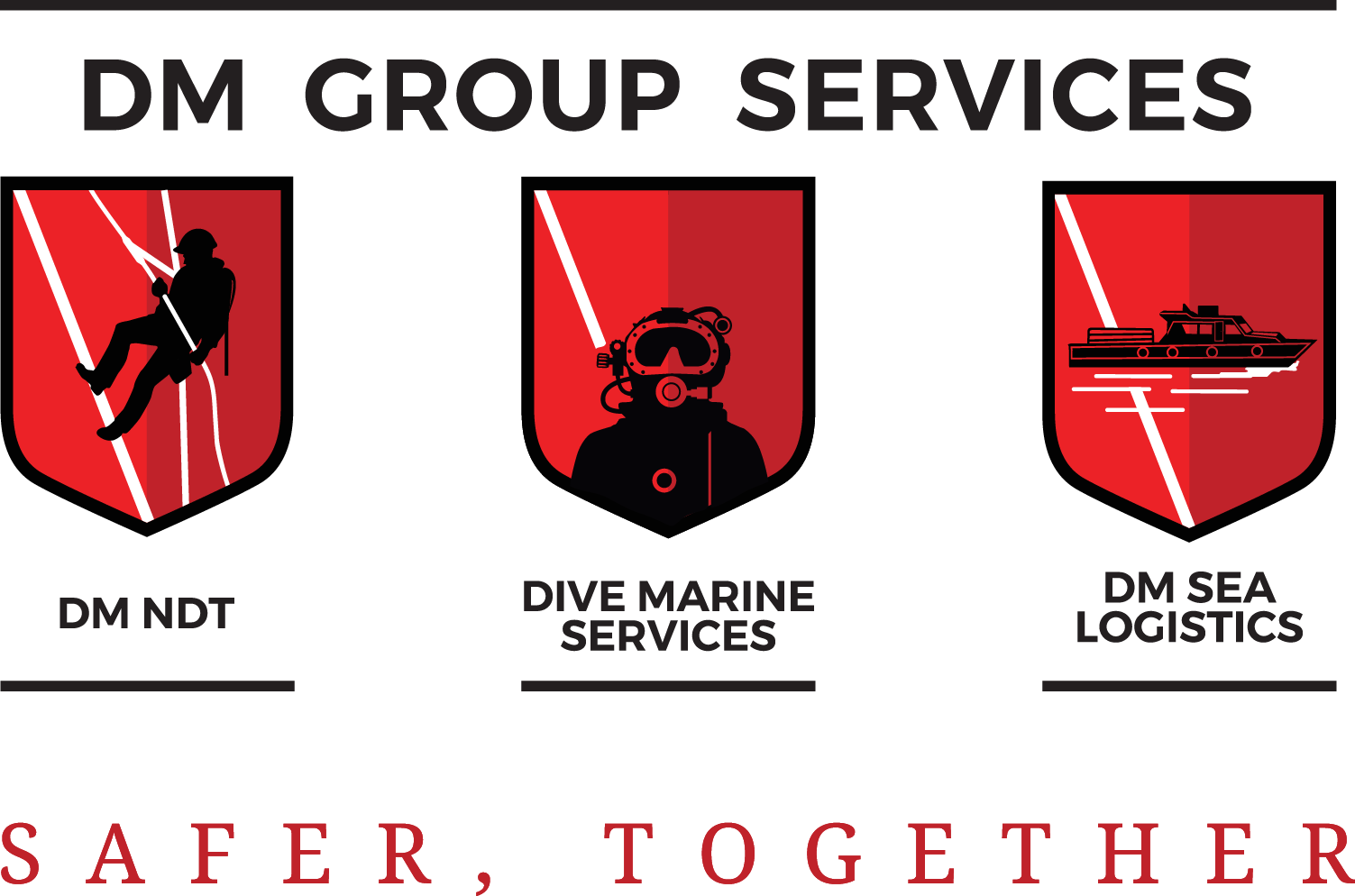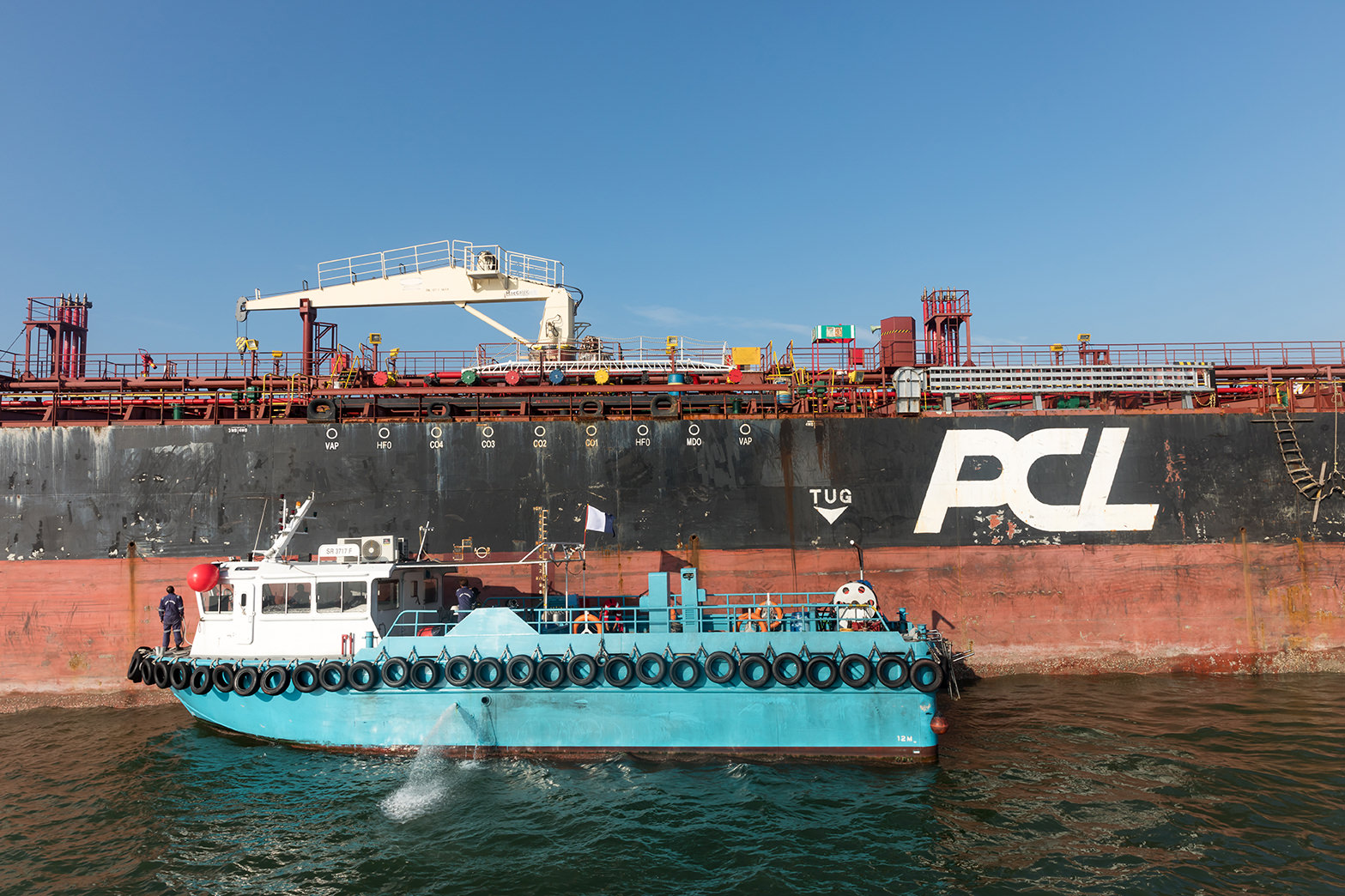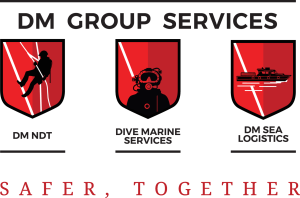HOW READY IS OUR MARINE INDUSTRY?
he biggest ever shake-up in Singapore’s shipping industry is set to come into force in less than a months’ time. In fact, all over the world, maritime regulators, ship owners, port authorities and countless stakeholders have been feverishly preparing for January 1 2020; this is D-Day for IMO 2020, the date on which new International Maritime Organisation (IMO) regulations come into effect which impose a plethora of stricter environmental rules.
So, what’s it all about and is Singapore ready?
1. What is IMO 2020?
IMO 2020 is a term used to describe the implementation of the Regulations to Annex VI of the International Convention for the Prevention of Pollution from Ships (MARPOL). This is a pivotal international marine environmental convention which aims to improve air quality and to protect the environment by reducing sulphur oxide produced by ships.
With effect from January 1, 2020, ships will be required to use:
- a) fuel oils with a sulphur content of 0.5 percent m/m or lower;
- b) an approved equivalent means of compliance such as exhaust gas cleaning systems (EGCS) commonly referred to as “scrubbers”;
- c) Non-fuel oil alternatives such as switching to liquefied natural gas (LNG) as fuel.
2. Who will enforce IMO 2020?
Enforcement, compliance and monitoring of MO 2020 is the responsibility of national governments who have ratified MARPOL. Flag states and port states (like Singapore) are obliged to enforce IMO 2020 within their territorial waters.
3. How many countries have signed up to IMO 2020?
So far, 170 countries have ratified MARPOL
4. How will ships in Singapore waters be monitored?
Singapore is well poised to enforce the new provisions by monitoring and fuelling vessels within their territorial waters, reporting non-compliance to the relevant flag state, ensuring that there is adequate low sulphur compliant fuel available and providing shore-based facilities for the receipt and removal of scrubber waste.
Singapore will conduct initial inspections based on documents including Bunker Delivery Notes (BDN), as well as the use of remote sensing and portable devices. If there are “clear grounds” to conduct a more detailed inspection, the port state may conduct sample analyses and other detailed inspections to verify compliance with the Regulations.
5. What about non-compliant ships?
If Singapore identifies suspected non-compliance of a ship based on its initial inspections, the MPA may require analysis of sample fuel oils. A clear process has been set for this, including the de-bunkering all non-compliant fuel oil. In terms of consequences, the MPA has laid out Singapore’s sanctions and penalties which include impounding vessels, fines and possibly jail time.
6. What is Singapore’s strategy for IMO 2020?
Clear guidelines, processes and advocacy have been the bywords at the MPA and the Singapore Shipping Association (SSA), both of which have both been extremely proactive in working with stakeholders to ensure a smooth transition to MO 2020; the MPA has worked closely with the sector, issuing its comprehensive guidelines in 2018, and they recently announced additional initiatives to assist shippers entering our waters. The SSA has also been a major ally in assisting and guiding members in all aspects of preparation since Singapore ratified the agreement.
In terms of the inspection process itself, the MPA has indicated that ships calling at our port may be selected for inspection based on a risk matrix that takes into account the compliance option of the ship and whether a FONAR has been submitted. Inspectors will be equipped with portable sulphur kits for onsite testing of in-use fuel and the MPA may send fuel oil samples to a lab for detailed analysis. Singapore banned the use of open-loop scrubbers over a year ago, so ships fitted with hybrid scrubbers will be required to switch to closed-loop mode whilst in Singaporean waters.
7. Is Singapore ready to deliver compliant fuel?
Singapore is ready to deliver LNG compliant fuel , however many ports may not be so well prepared. In such cases, the Master or shipowner must immediately notify the port and flag state by filing a Fuel Oil Non-Availability Report (FONAR) stating the reasons for non-availability.
8. What about the use of scrubbers?
An alternative to the use of low sulphur fuel oil is the fitting of scrubbers to a ship. Scrubbers remove particulate matter, sulphur oxides and nitrogen oxides from the exhaust gases produced by a ship’s engines. Open-loop scrubbers use seawater to remove chemicals and particulates and the waste is then treated before being discharged into the sea. In closed-loop systems, the water is recycled back into the scrubber. Hybrid scrubbers are a combination of open and closed-loop systems.
9. What countries are ready/not ready for IMO 2020?
While many states like Indonesia, China and the United States have already or will implement the sulphur cap, a number of countries have not yet ratified or legislated for MARPOL, including Argentina, Bahrain, Colombia, Ecuador, Egypt, Hungary, Israel, Mexico, Oman, Pakistan, Qatar, Thailand Venezuela and South Africa.
10. What still needs to be done?
The short answer is “a lot”, as one would expect with such an enormous change project. Perhaps the biggest challenges relate to ships with open-loop scrubbers coming to Singapore as they may not be permitted to operate these within our waters. Another key issue pertains to crew members and ensuring they are trained for and aware of all that’s involved in IMO 2020 compliance
Global teething problems with this enormous changeover are inevitable as we embark on such a new chapter, but Singapore looks well set. Years of preparation, process re-engineering, logistics, supply chain etc will hopefully pay dividends on January 1, but like all great plans, Singapore will have to wait to see what happens on the big day, and the weeks and the months thereafter to judge if these monumental efforts pay off.
Visit our website or contact us if you need any assistance with marine services in Singapore.


